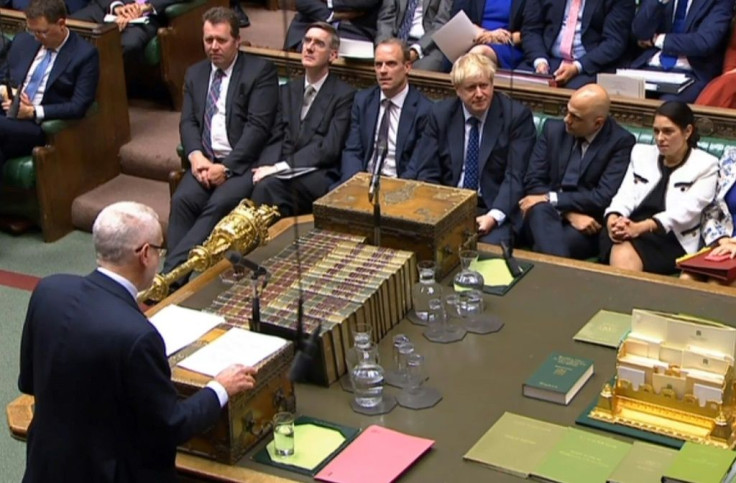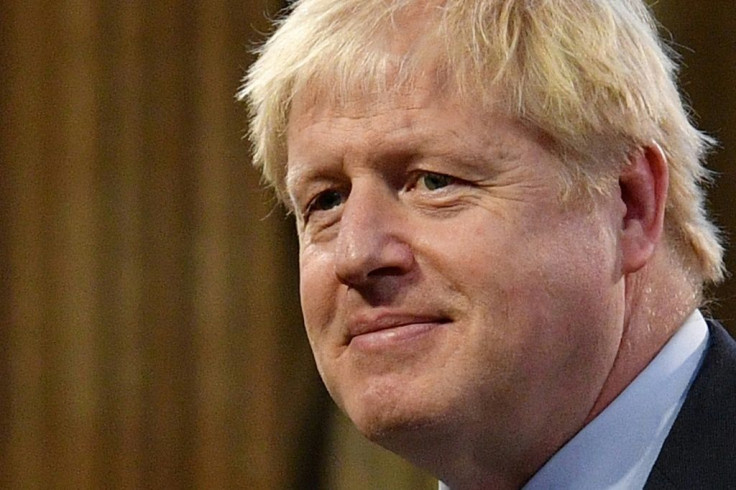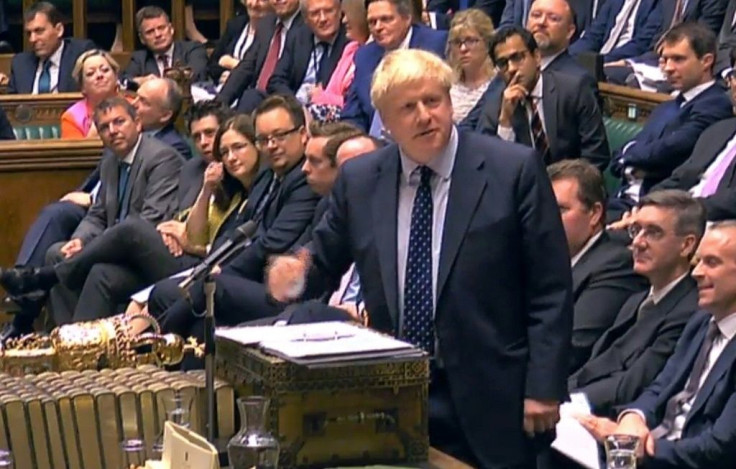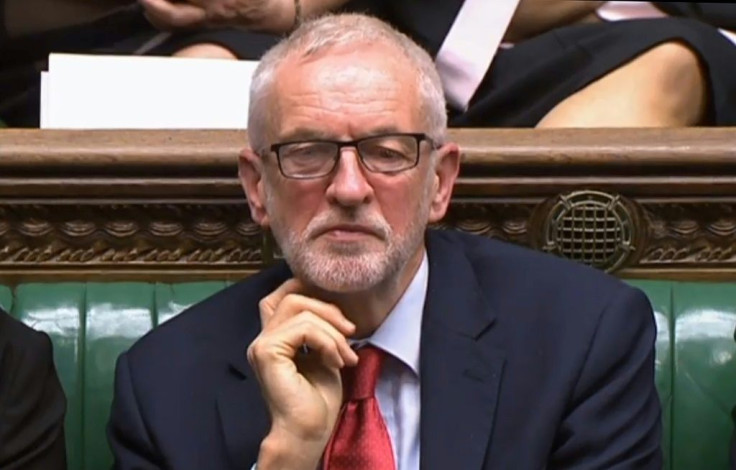What If MPs Reject UK Government's Agenda?

British Prime Minister Boris Johnson on Monday set out an ambitious legislative agenda, but what happens if MPs refuse to support it?
Johnson, in power since July, has had no majority in the House of Commons since he expelled 21 of his own Conservative MPs who objected to his tough strategy on Brexit.
In theory, a government that loses a vote on its entire policy platform should resign -- but in these extraordinary times, nothing is certain.
What has Johnson set out?
Almost three months since he took over from Theresa May after an internal vote by Conservative members, Johnson has finally set out his programme for government.
Outlined in a speech read out by Queen Elizabeth II to parliament, it included plans for Brexit and a range of domestic policy reforms, from criminal justice to the environment, infrastructure and divorce.
When will MPs vote?
The House of Commons will hold six days of debate on the so-called Queen's Speech, starting on Monday afternoon.

Depending on amendments, votes could take place on October 21 and/or October 22.
What if Johnson loses?
Some of the former Conservative MPs who rebelled against Johnson over Brexit might support his Queen's Speech but there is a risk that he loses.
Such a defeat would be hugely damaging, suggesting the prime minister no longer had the confidence of parliament.

It happened most recently in 1924, according to the Institute for Government.Then-prime minister Stanley Baldwin resigned and the opposition formed a new government.
But the Fixed-term Parliaments Act, passed in 2011, has muddied the waters.
The act sets out specific criteria for changing the government through elections, namely that it must lose a formal motion of no confidence in the House of Commons.

This would trigger a 14-day period in which Johnson tries to regain the confidence of MPs or someone else -- likely the leader of the main opposition Labour party -- does it themselves.
Only if they fail, is there an election.
Would he resign?
Johnson's spokesman said he would not resign if he lost the Queen's Speech vote.
"He is committed to delivering on his domestic agenda as well as delivering Brexit. If MPs do choose to vote against the Queen's Speech it will be for them to explain why," he said.
He added that it would not stop the government moving ahead with its plans, with seven new pieces of legislation due to be put to parliament on Tuesday.
So, then what?
Johnson has already tried twice to call a snap election, using another provision in the act which allows a poll if two-thirds of the 650 MPs in the Commons support it.
But Labour has said it would only support an election once Johnson's threat of leaving the European Union without a deal on October 31 is removed.
Negotiations on a Brexit deal continue this week but the law states that if there is no agreement by October 19, Johnson must ask the EU to delay Britain's departure.
If that happens, and "no deal" is no longer an imminent threat, Johnson may try again for an election.
If the opposition agrees, whoever won that election would bring forward a new Queen's Speech.
Johnson's aides have indicated he would fight any election vowing to leave the EU even without a deal, while Labour is committed to a second Brexit referendum.
Labour could keep blocking an election, however, leaving the government in limbo.
© Copyright AFP {{Year}}. All rights reserved.




















